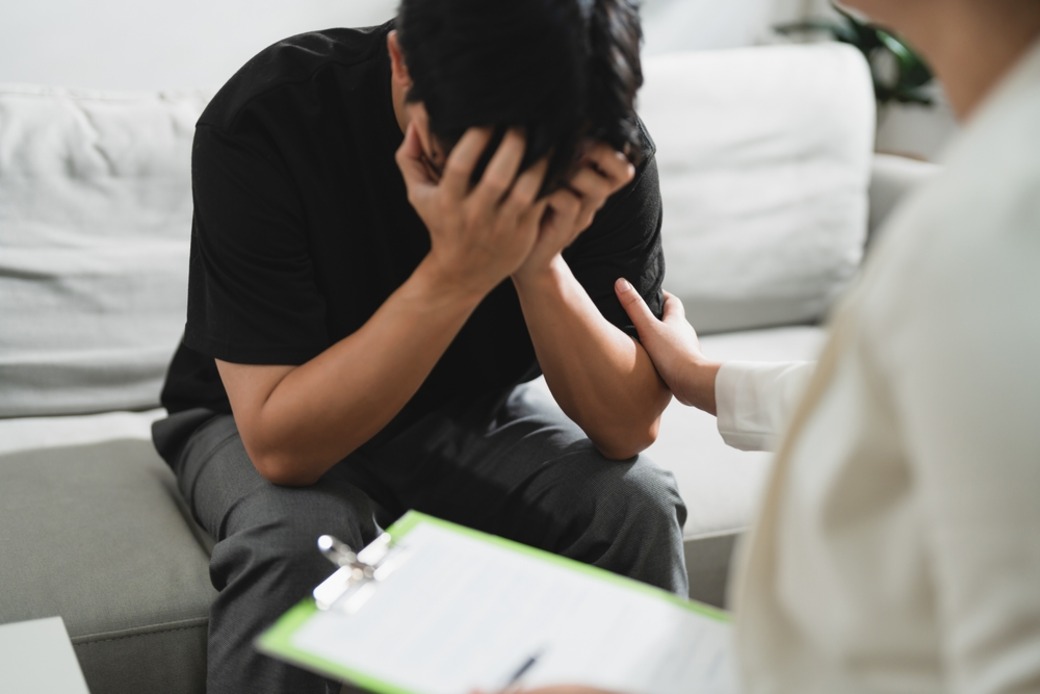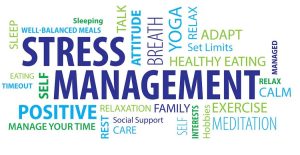At a time when we closely monitor our physical health, mental health often sends us cries for help that are impossible to ignore. Recognizing early signs of mental health problems isn’t about diagnosing yourself or others but about developing a compassionate understanding that can change the course of a person’s life. These early changes are often subtle and easily mistaken for a negative week or a personality quirk, but they are the most important first steps in the healing process.
This article goes beyond simple lists and explores subtle changes in mood, social life, and physical health that signal a person’s heart needs help. Our goal is to provide you with the information you need, reduce stigma, and show you clear and actionable ways to help yourself or someone you care about when you notice these changes. Our goal is to foster a culture that views seeking help as a sign of strength.
Subtle Changes in Mood and Emotion:
One of the most obvious early warning signs is a seemingly unusual shift in someone’s emotional state. This isn’t just a momentary unhappiness or stress; it’s a change that lasts for weeks and begins to affect daily life. Watch for persistent feelings of hopelessness, intense fear of the future, or irritability that feels out of place. Anhedonia is another important sign. It means losing interest or pleasure in things that once brought you immense joy. It’s more than just boredom; it’s a complete disconnection from things that once brought you joy and satisfaction, such as hobbies, social interactions, and interests, leaving a dark, empty void.
Behavioral Changes and Disconnection:
People are naturally social, so a dramatic change in the way someone interacts with society is a key warning sign. This often manifests as a gradual or sudden withdrawal from friends, family, and social circles. The person may decline invitations they once accepted, stop making contact, or make it harder to connect. People often feel isolated because they believe they are a burden to others or feel that no one understands their feelings. They may even report feeling extremely lonely, even when they are with others. This is a painful dilemma, as they long for connection but feel unable to do so.
Physical Signs of Mental Health Problems:
The mind and body are intimately connected, and mental health problems almost always manifest physically. People often notice these symptoms first, which is why they visit their doctor for a physical examination instead of looking at their mental health. Some common physical indicators include significant changes in sleep patterns, including insomnia or excessive sleeping, and significant changes in diet or weight. Unexplained pain, persistent digestive problems, fatigue, and lethargy are also common signs of mental health problems. It is important to discuss these physical symptoms with a doctor to rule out other possible causes. It is also important to consider potential causes such as stress, anxiety, or depression.
Changes in Thinking and Their Impact on Performance:
Mental health problems can make it difficult to think clearly, which can directly impact our performance at work, school, and even with daily tasks. You might find it difficult to concentrate on reading a book, completing a professional project, or even having a conversation. Your memory might be blurry, and even small decisions can be difficult to make because you can’t decide what to do. Some people may experience harsh self-critical thoughts or persistent feelings of worthlessness. At school or work, these symptoms can include missing deadlines, receiving lower grades, or being less proactive or engaged than usual.
What to Do If You See These Signs:
It can be difficult to recognize these signs in yourself or someone you care about, but the most important thing is to initiate a caring conversation. Express your concern with “I” statements, such as, “I’ve noticed you haven’t been doing well lately, and I’m worried about you.” Communicate with empathy and avoid judgment. The next important step is to carefully contact a professional. A general practitioner, therapist, or counselor who can give you a proper assessment might be your ideal partner. This means proactively seeking help and remembering that mental health is just as important as physical health. A good first step is to call a mental health helpline or contact your health insurance provider for a list of therapists they cover.
Creating a Platform for Recovery:
When helping someone with mental health issues, the goal isn’t to provide all the answers but to always be there for them, no matter what. This means actively listening and being present, rather than trying to solve problems immediately. Don’t pressure the person; encourage them to take practical steps to improve their health, such as taking walks together or helping them find a therapist. Most importantly, understand the specific challenges they face so you can better empathize with what they’re going through. You’re not a savior; you’re an anchor. You offer stability, help the person feel less alone, and remind them that this struggle doesn’t define them and that recovery is a real and achievable goal.
Conclusion:
In today’s society, recognizing the early signs of mental health issues is crucial. It can save lives and improve the quality of life for those affected. It helps us connect with others before a crisis arises, transforming fear and confusion into understanding and action. This information demystifies mental health by showing that it’s not a personal flaw but a normal part of human nature that requires care and attention, just like physical illness. Paying attention to subtle changes in our moods, social habits, and physical well-being can help us connect better with ourselves and others. Remember: your goal isn’t to be a doctor but to be a bridge—a kind, knowledgeable guide who helps people navigate difficult situations, find support, and ultimately find healing.
FAQs:
1. How is mental health different from typical stress?
Normal stress is usually related to a single event and disappears afterward. Mental health issues occur when feelings like sadness or anxiety persist for weeks, making it difficult to carry out daily activities.
2. I see signs in my friend, but I’m afraid of saying the wrong thing. What should I do?
Talk about it in a private setting with understanding. Say something like, “I’ve been worried about you lately,” and listen patiently, without judgment. Your job is to show someone you care, not speculate about their problems.
3. Do mental health issues actually cause physical symptoms?
Yes, of course. Anxiety and depression often cause physical symptoms, such as chronic fatigue, gastrointestinal issues, headaches, and changes in sleep or appetite, because of the deep connection between mind and body.
4. What if someone doesn’t want help?
You can’t force help. Keep supporting the person—don’t judge them, and let them know you’re there for them. You can offer them resources, but ultimately, they have to be willing to take this step themselves.
5. Where should you seek professional help first?
An appointment with your doctor is a good starting point. They can rule out other medical problems and refer you to a therapist or psychiatrist, both mental health professionals.



